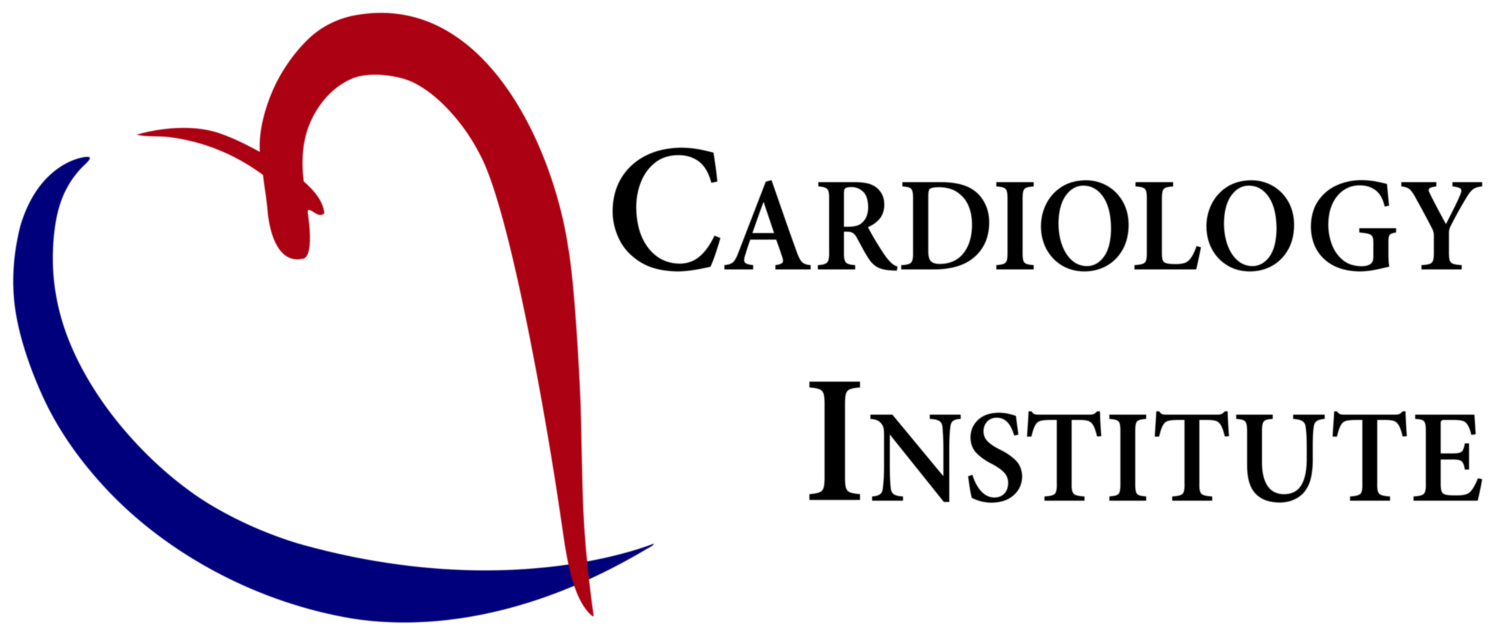The two top reasons for patients seeking medical attention for palpitations are
Symptoms being bothersome
Is there something wrong? Is there a risk of sudden death?
The top priority for physician though is
Is this benign or malignant?
Useful features on history
Onset - Sudden vs Gradual
Duration - Brief vs sustained
Frequency
Triggers
Irregular
HR >120bpm. Arrhythmia Alert on Smartwatch
Underlying heart disease
Family history of arrhythmia and sudden death, especially first degree
Associated symptoms
Breathlessness
Chest pain
Presyncope
Syncope
Key features from the history
Is the palpitations fast?
Is there any haemodynamic disturbances?
What is the likelihood of arrhythmia?
What are the rough categories of palpitations from history?
Extrasystole - Skipped beat, heart sinking, irregular interspersed, rest
Tachycardia - Beating wings, Butterfly feeling in the chest, fast heart rate, physical effort or cooling down, haemodynamic impairment
Anxiety - ………, slightly accelerated regular, stress, tinglings, atypical chest pain, signing dyspnea
Pulsation - heart pounding, physical effort, gradual onset and offset, fatigue (weakness and lack of strength)
Other useful investigations?
Thyroid function
Haemoglobin
What to look for on the ECG?
Measurements and numbers may actually be useful
Look out for
Heart rate
PR interval - WPW
QTc - long or short
Funny looking? Consider
Bubble branch block
Pre-excitation changes - WPW
T inversion V2 onwards, especially if deep
Brugada, repolarization
Extrasystoles
Premature ventricular contractions are extremely common
ARIC study - 2 minutes ECG - 5.5%
Framingham - 1 hour ECG - 12%
Risk of sinister outcome is rare
Patients may present with abrupt syncope or sudden arrhythmic death attributable to PVC-uinduced VF
PVC induced cardiomyopathy is also possible
Who are more at risk?
Abnormal ECG - indicates underlying abnormalities
High burden - could be based on symptoms of ectopics on resting ECG
Burden
No clear threshold or cut-off
Studies suggested that optimal test characteristics for PVC-induced cardiomyopathy occur at burdens of 16-24%
Most cases of PVC-induced cardiomyopathy occur in those at least >10%
Investigations
ECG
Echocardiogram
Holter monitor
Treatment
Medication should not necessarily be given for symptoms alone, as some only wanted reassurance.
Beta-blockers vs. Diltiazem vs. Verapamil
Beta-blockers have been effective specifically in outflow tract PVCs, sympathetically mediated, triggered PVCs
When to refer?
At risk features
Bothersome symptoms
Reassurance
Dr James Fu

